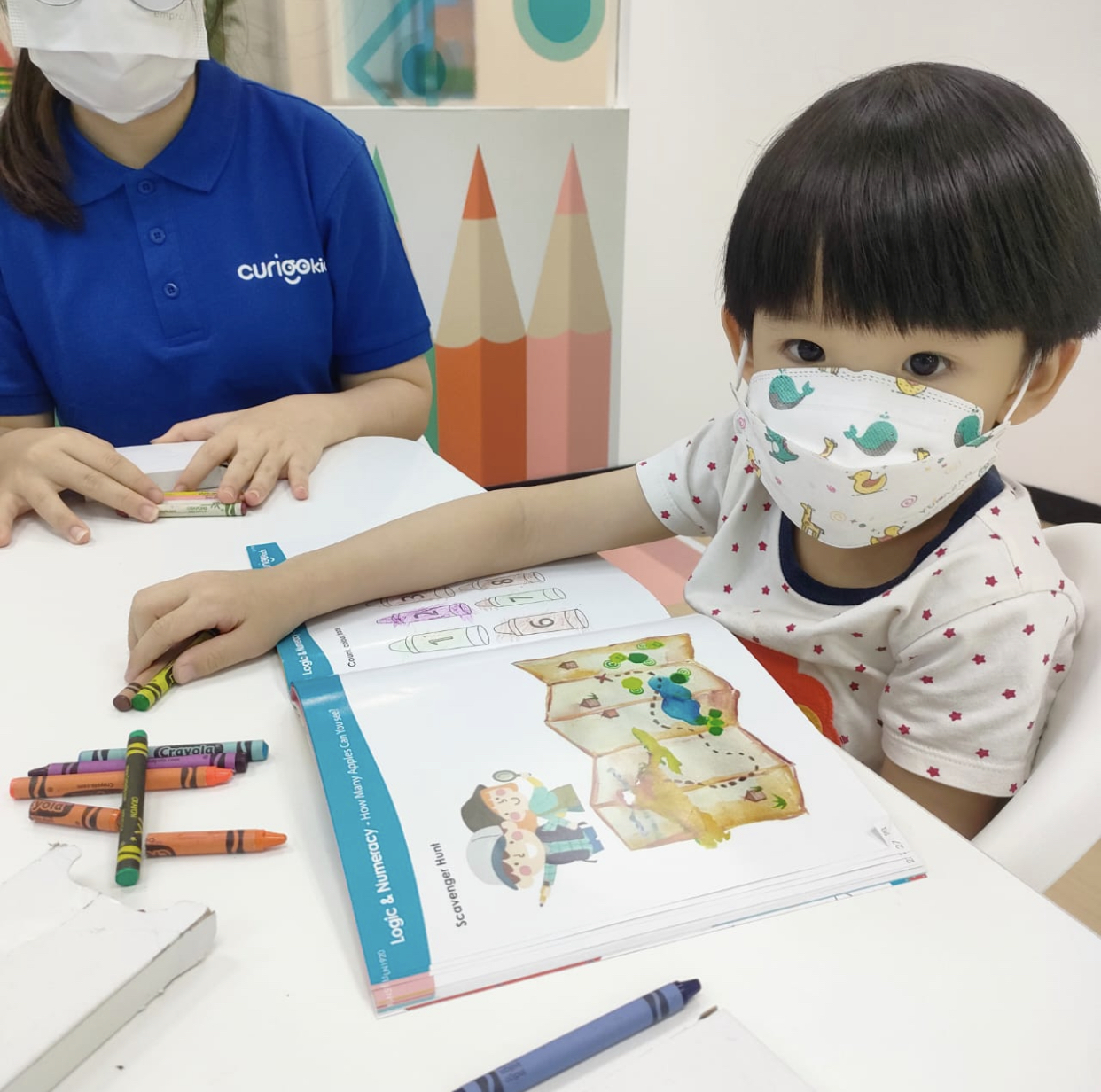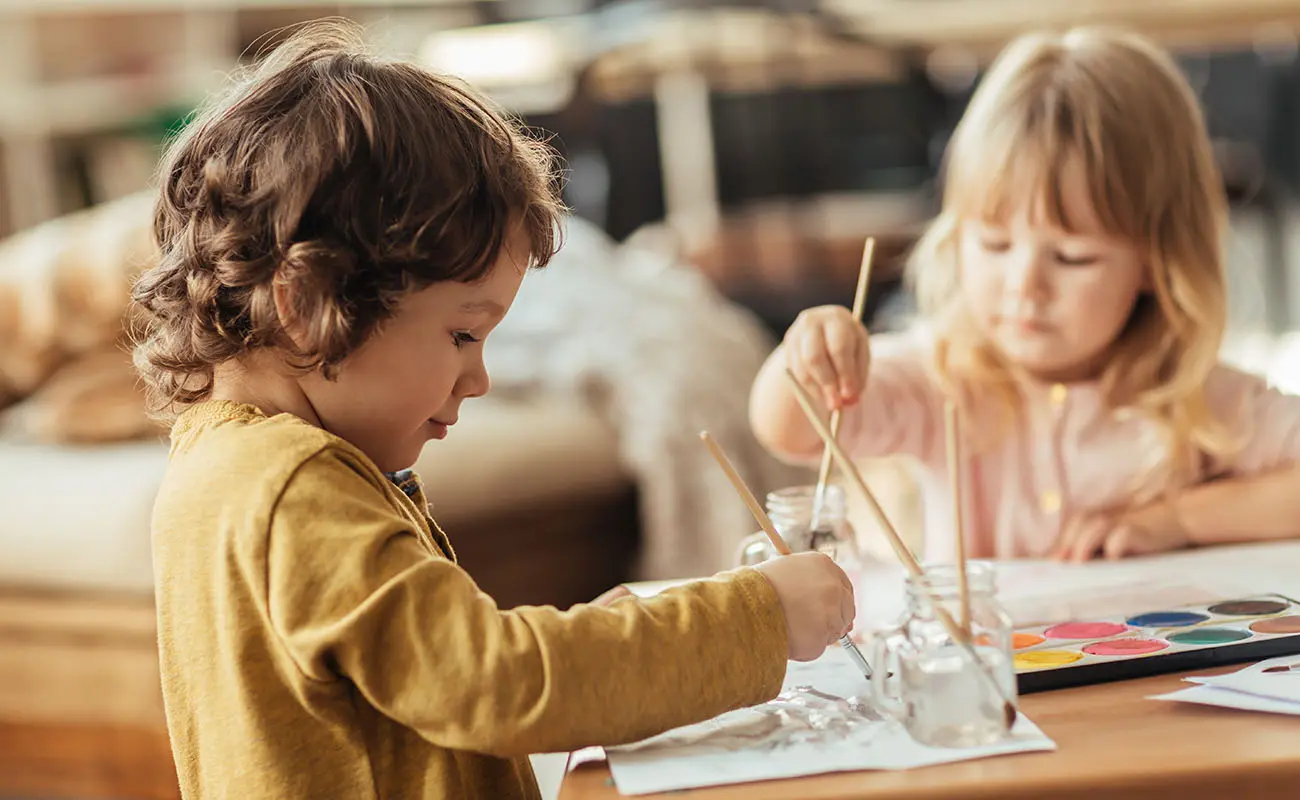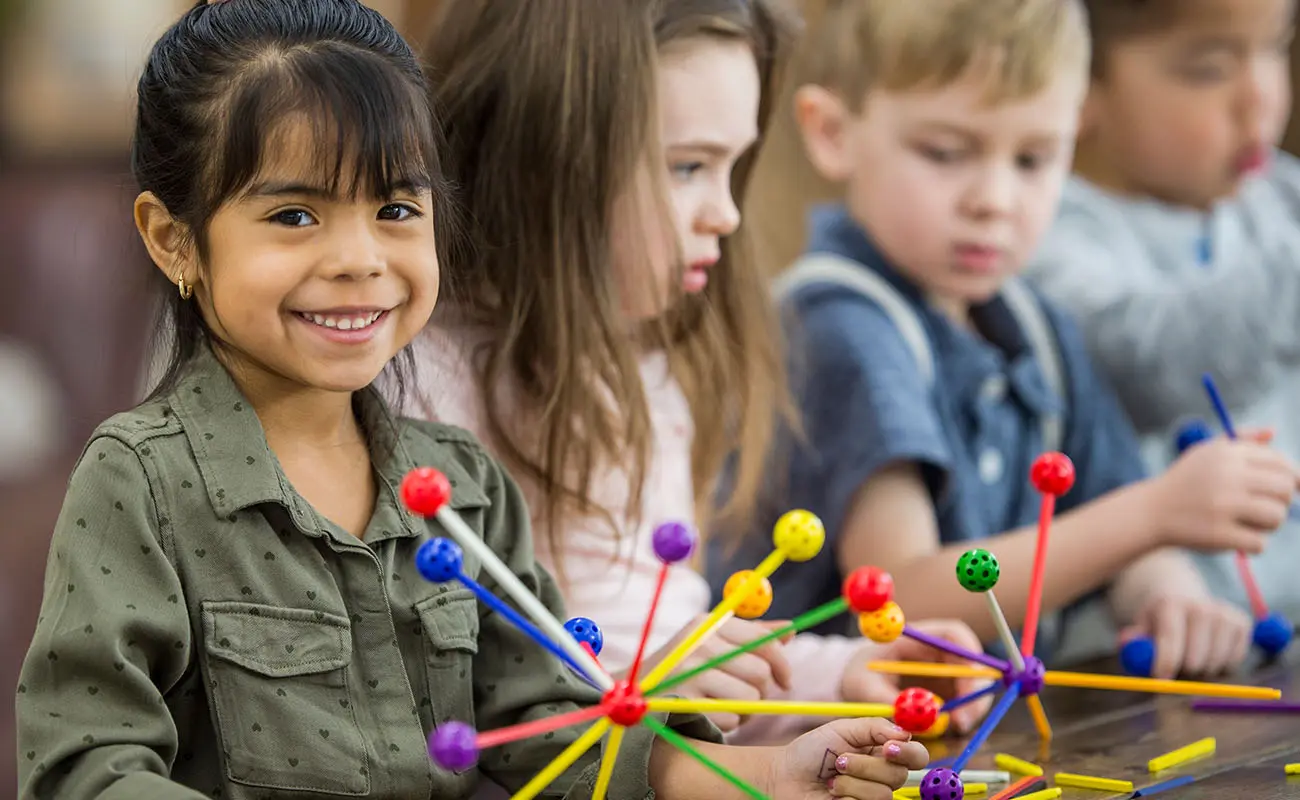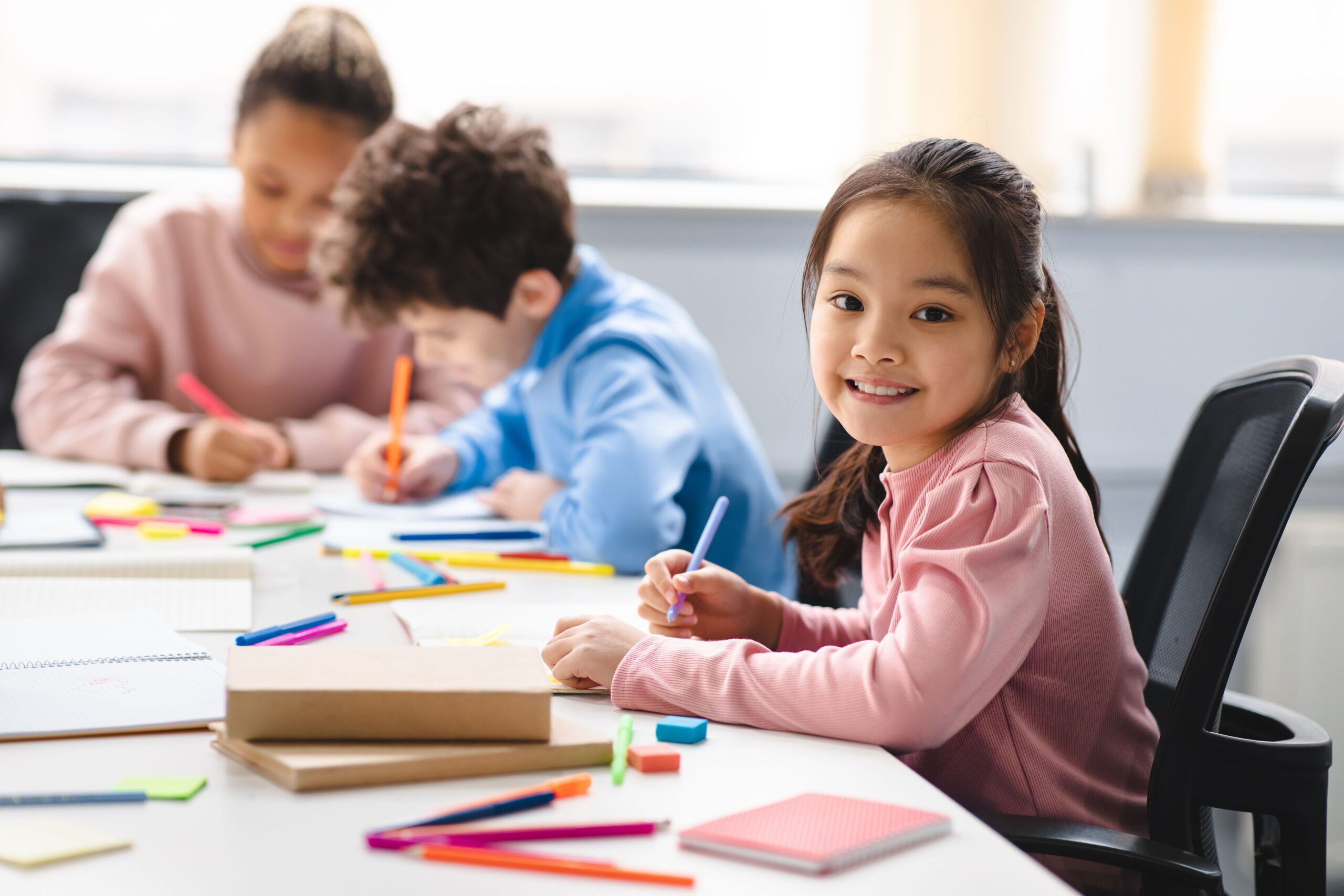Curriculum
Part of education is learning. And what drives learning is curiosity and collaboration
Sir Ken Robinson
About
the importance of early childhood education
Early childhood development is critically important because it provides a foundation for learning both socially and academically, helping children develop skills in various areas such as communication, fine motor skills, problem-solving, and adaptability.
Our mission is to develop the importance of play, which is crucial for development and this is practiced each day.
Individualised care
Our preschool program includes:
- Independent, teacher-directed, and small-group activities that encourage investigation, exploration, and discovery
- Learning approaches that adapt to each child and incorporate their strengths and interests
- Curriculum that supports creative expression, literacy, music, and more
- Confidence-building opportunities to solve problems and make decisions
- STEM learning that encourages future-forward skills
- Safety, security, and cleanliness practices that meet or exceed all state, local, and national guidelines


Preschool Program
CURIOO Kindi adopts the British based curriculum International Early Years Curriculum.
The IEYC has eight learning principles that are considered essential for children’s learning and development.
- The earliest years of life are important in their own right
- Children should be supported to learn and develop at their own unique pace
- Play is an essential aspect of all children’s learning and development
- Learning happens when developmentally-appropriate teacher-scaffolded and child initiated experiences harness children’s natural curiosity in an enabling environment
- Independent and interdependent learning experiences create a context for personal development and are the foundation of international mindedness
- Knowledge and skills development lead to an increasing sense of understanding when children are provided with opportunities to explore and express their ideas in multiple ways
- On-going assessment, in the form of evaluation and reflection, is effective when it involves a learning link with the home
- Learning should be motivating, engaging and fun, opening up a world of wonder for children where personal interests can flourish
Process of Learning
Our World at Skole curriculum includes preschool Signature Practices that offer hands-on approaches to encourage the skills your child will need in kindergarten and beyond:
- The Child: the unique 3-5-year-old with distinctive learning and development needs;
- The Entry Point: the exciting and memorable event that launches each IEYC unit of learning and encourages children to think and become motivated about the experiences that will follow;
- Capturing Curiosity: the process of finding out what children already know about a theme and what they are curious to learn about. Children’s interests act as a catalyst to support child-initiated enquiry;
- Enable the Environment: the process of planning and developing relevant indoor and outdoor learning spaces to create the positive social and emotional climate required for enquiry and learning to take place;
- The Big Picture: the process of providing children and family with some context to an IEYC unit of learning so that connections between previous and new learning can be made;
- Explore and Express: the process when teacher-scaffolded IEYC learning activities and child-initiated exploration are developed through individual and collaborative experiences, and the creative opportunities provided to help children demonstrate, share and consider what they have engaged in and learned about;
- The Exit Point: the process at the end of an IEYC unit of learning that helps children reflect, share and celebrate what they have learned;
- The Learning-Link / Reflecting and Evaluating: the process of on-going assessment, in the form of evaluation and reflection involving establishing a learning-link partnership between the home and the setting.

Across ages



